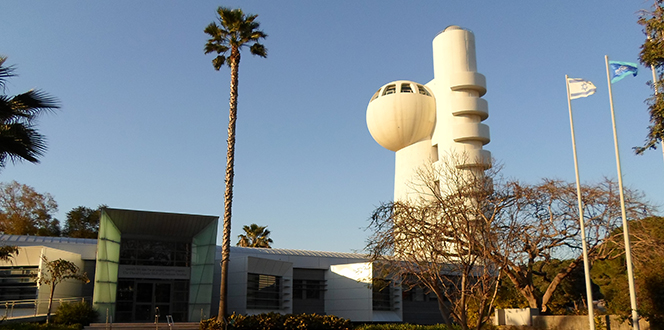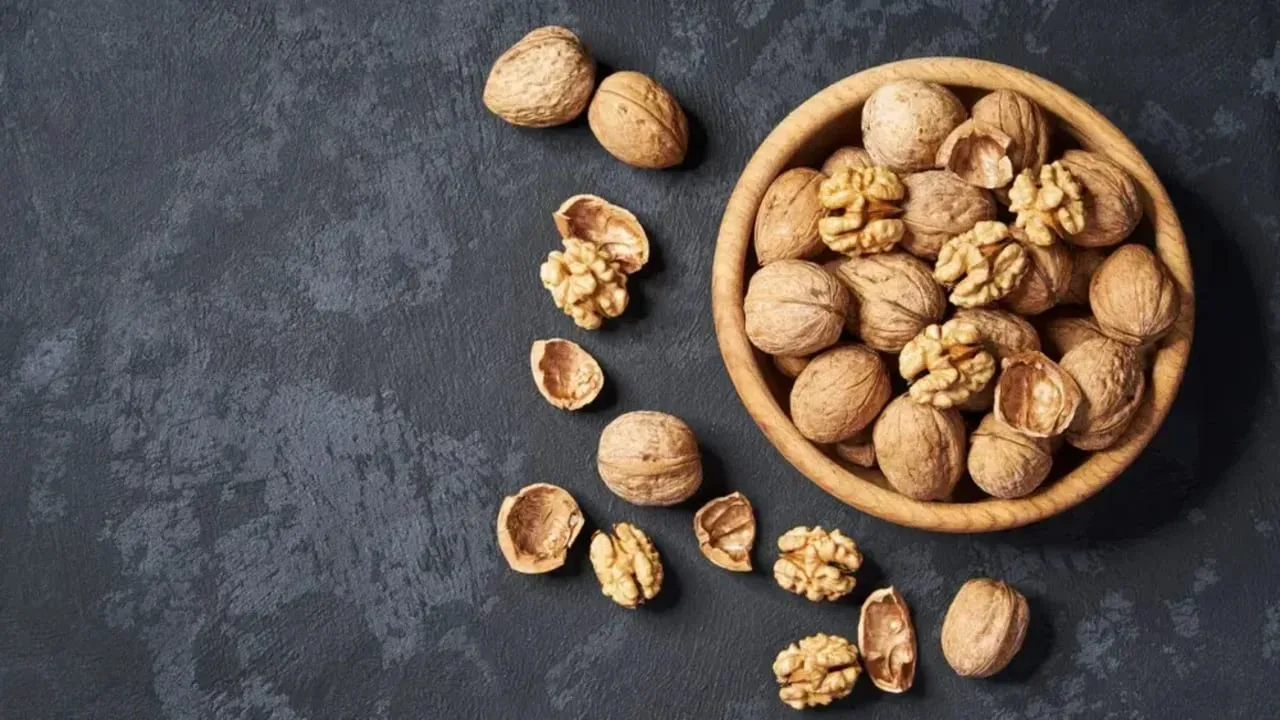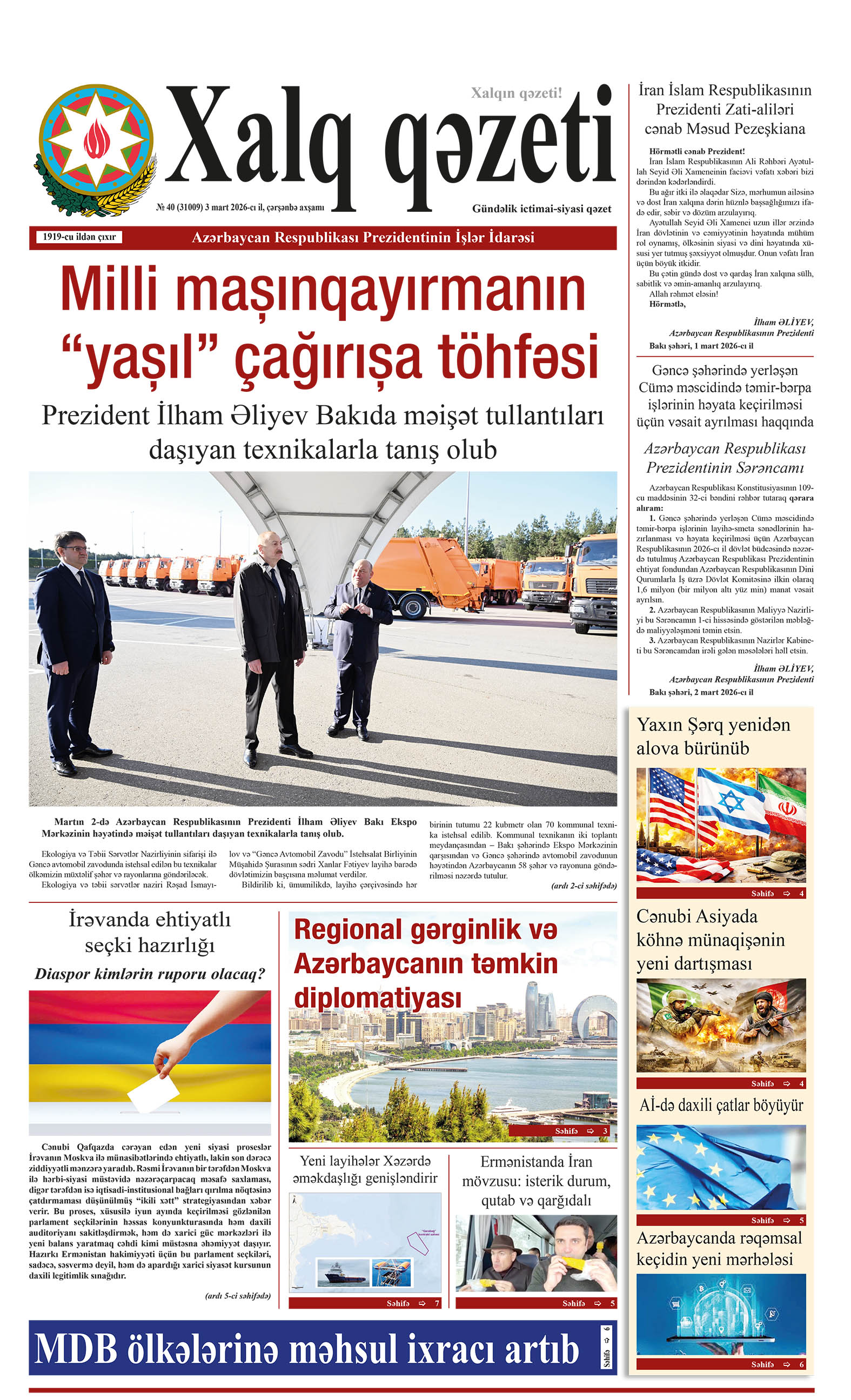Jerusalem Post
ByRAMONA KAUFMAN, CLINICAL DIETITIAN
Coffee accompanies us in moments of fatigue and stress, but studies reveal that behind the popular beverage lies a complex relationship between energy, hormones, and mental health.
Coffee is a beverage with a rich and deep history, serving as a social and cultural ritual and a small pause during the day. For many, it symbolizes routine, comfort, and connection — whether it’s a cappuccino on the way to work or a meeting with friends.
But alongside its cultural and social status, coffee has also become a coping tool for fatigue, stress, and emotional pressure. In such moments, many people turn to coffee — and often to something sweet alongside it — as a way to deal with mental overload, tiredness, or the need for comfort.
Studies teach us that coffee has a wide range of effects. Some research indicates that the combination of caffeine, sugar, and stress doesn’t always help, and can sometimes even make things worse.
Coffee affects not only alertness and mood but also hormonal balance, blood sugar levels, and even brain health.
The Benefits of Drinking Coffee
Coffee has quite a few health benefits. The caffeine in it helps increase alertness, improve concentration, and create a feeling of energy throughout the day. Moreover, studies show a link between coffee consumption and a reduced risk of neurological diseases such as Alzheimer’s and Parkinson’s, thanks to its anti-inflammatory and antioxidant properties.
Moderate coffee drinking is also associated with a lower risk of heart disease and improved blood vessel function, as well as increased insulin sensitivity and reduced risk of type 2 diabetes. Coffee is considered one of the richest sources of antioxidants in the Western diet, helping protect body cells and slow aging processes. In addition, moderate caffeine consumption may improve mood, reduce the risk of depression, and enhance physical performance by increasing adrenaline levels.
On the other hand, coffee also has several disadvantages, especially when consumed in large quantities or during stressful times. The caffeine in coffee is a natural stimulant that can raise heart rate and blood pressure and worsen feelings of anxiety and irritability, especially in sensitive individuals. In addition, caffeine increases the secretion of cortisol, a hormone released in stressful situations that burdens the body. Excess caffeine can also harm sleep quality, leading to fatigue that creates a recurring need for coffee or sweets.
In stressful situations, the body secretes stress hormones such as cortisol and adrenaline, leading many to seek comfort in carbohydrates. The sweet foods consumed with coffee during moments of fatigue provide a temporary sense of energy and happiness, followed by a sharp drop in blood sugar levels due to insulin release. This drop can worsen feelings of tiredness, irritability, and even mild depression — creating a cycle in which stress leads to sugar consumption, and the sugar crash increases stress even more.
Coffee and sugar do not solve physical and emotional fatigue — they only delay it for a short time. Without rest, the strain accumulates, and the body signals it through symptoms such as headaches, weakness, depression, irritability, and difficulty concentrating. When caffeine and sugar are consumed together, especially under stress, their effects accumulate and worsen the condition.
There is no need to give up coffee or sugar, but they should be consumed in moderation. It’s advisable to limit coffee intake to 3–4 cups a day, prefer it without added sugar, and drink it mainly in the morning or early afternoon to avoid affecting sleep quality. During stressful periods, it’s recommended to replace coffee with calming herbal teas and maintain a balanced diet that includes complex carbohydrates, adequate sleep, and regular physical activity.

















